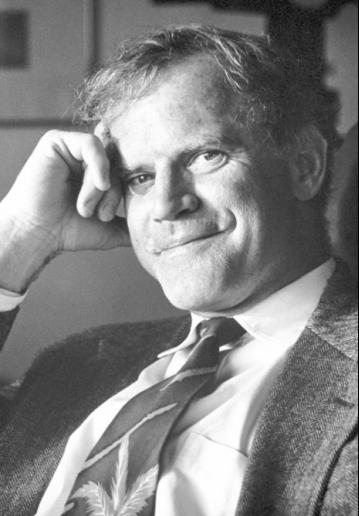On This day in history, the American biochemist Kary B. Mullis (28 December 1944 – 7 August 2019) was born in New York, Usa.

Mullis grew up in rural North Carolina, and the farm's cows, meadows, and pea, string beans, apples, pears, and peaches became memories of his childhood.
At the age of 8, Mullis had read several books and received scientific enlightenment, and by the age of 15, he and his friends had melted very carefully on a charcoal stove by mixing potassium nitrate and sugar, and then poured it into a metal tube in a special way to make a simple rocket. At that time, Mullis was most obsessed with chemistry and physics.
He was admitted to the Georgia Institute of Technology to study chemistry. After graduating from Georgia Tech, Mullis was admitted to the Graduate School of Biochemistry at the University of California, Berkeley, when James Watson had already cracked the genetic code, and Mullis became extremely interested in the study of DNA. Six years later, Mullis successfully graduated from Berkeley with a Ph.D.
After a brief career in Kansas, he returned to Berkeley to enter a laboratory at the University of California, Berkeley, where he worked on the physiology of endorphins. At a symposium on growth factors, discussions about the synthesis and cloning of growth factor genes caught Mullis's attention. After that, he focused his main research direction on the study of the principle of DNA replication.
Mullis believes it won't work on human DNA because oligonucleotides won't bind specifically to a site. On DNA as complex as human DNA, it binds to hundreds or thousands of sites depending on the sequences involved and the conditions of use. What people need is some way to increase the relative concentration of specific locations of interest.
The genomes of an organism are stored in DNA molecules, but analyzing this genetic information requires quite a bit of DNA. In 1985, Carriy Mullis invented the polymerase chain reaction (PCR) process, which allows specific DNA to be copied in large quantities in a short period of time. By heating, the two strands of the DNA molecule are separated and the DNA building blocks are attached to each strand. With the help of DNA polymerase, new strands of DNA are formed, and this process can then be repeated. Polymerase chain reaction (PCR) is important in both medical research and forensic science.
Due to the development of the polymerase chain reaction (PCR), the jury decided to award the 1993 Nobel Prize in Chemistry to Mullis. On August 7, 2019, Cary Mullis passed away at the age of 75 in Newport Beach, California.